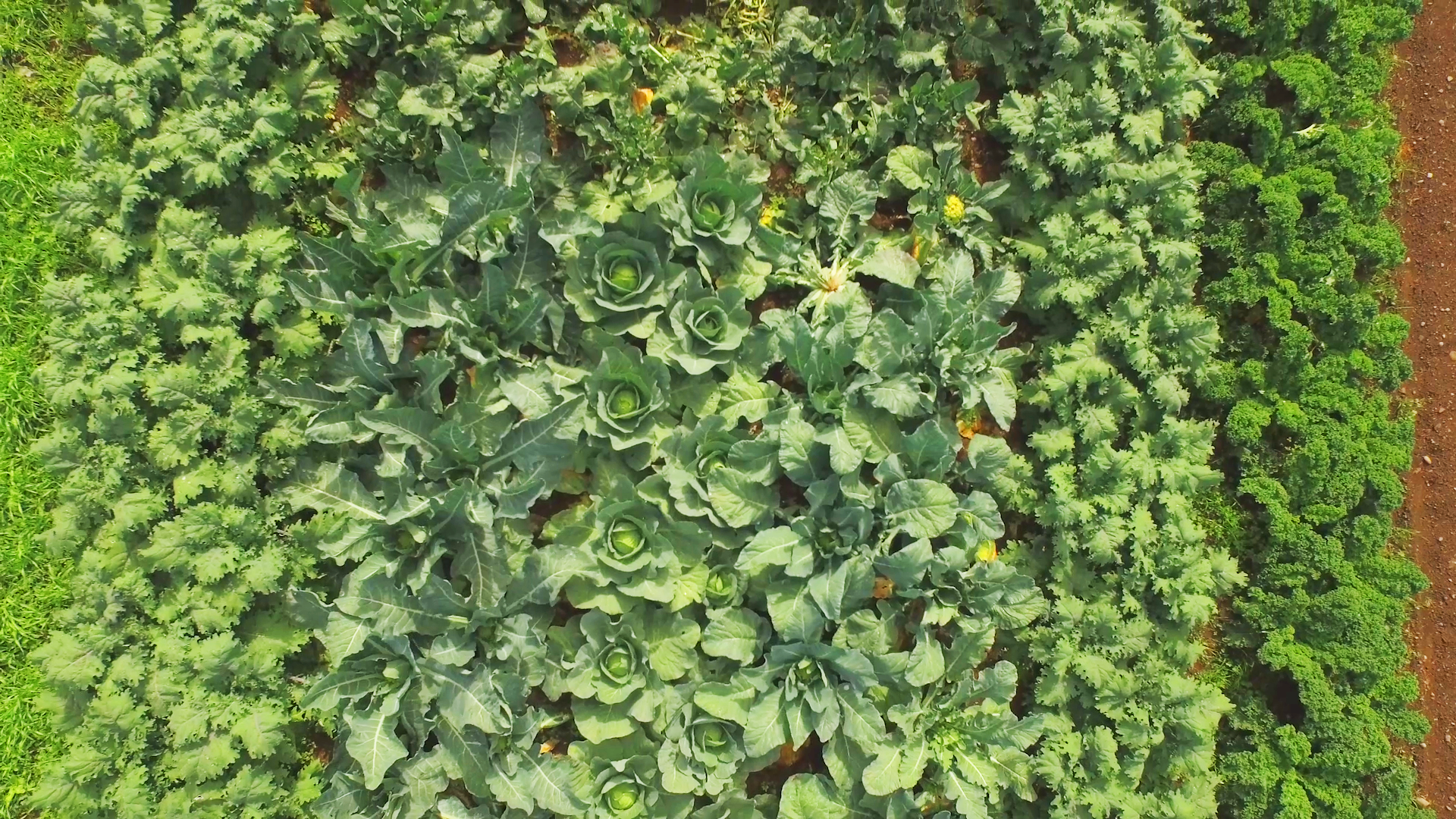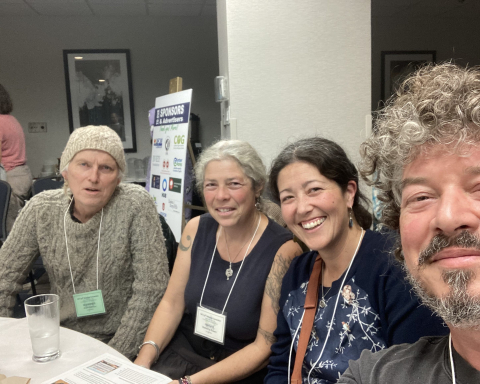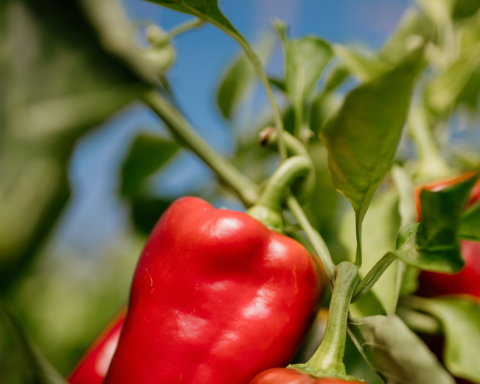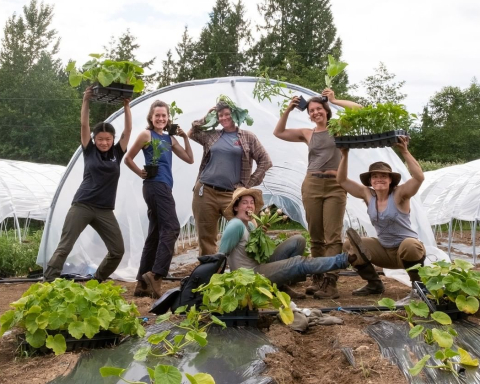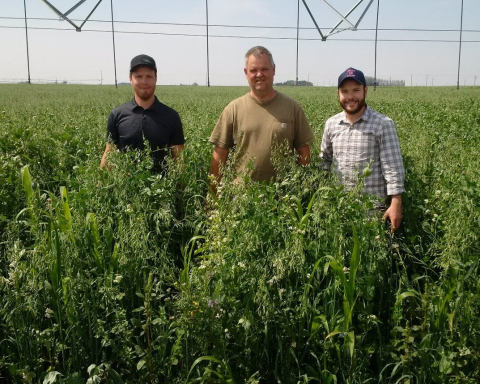Mary Paradis
Most of Canada’s agricultural policy is delivered through five-year policy frameworks, co-developed and co-negotiated by the federal, provincial, and territorial governments. Meant to strengthen and grow Canada’s agriculture sector, the framework is agriculture’s primary policy document that guides how government supports farmers and has historically encompassed approximately $3 billion in public spending.
Farmers for Climate Solutions (FCS) is a national farmer-led coalition advocating to make agriculture part of the solution to climate change. In February, they submitted evidence-based recommendations for the next APF to scale-up the adoption of climate-friendly practices that reduce GHG emissions, increase carbon sequestration, and strengthen resilience on farms across Canada. As a member of Farmers for Climate Solutions, Organic BC has been supporting their efforts to make action on climate change central to the new APF.
The new agreement, called the Sustainable Canadian Agricultural Partnership (SCAP), was announced in July. Some of the positive outcomes of SCAP include:
- $500 million in new funds for cost-share programs, a 25 percent increase from the current framework.
- A commitment to reduce agricultural greenhouse gas emissions by three to five megatonnes over the lifespan of the framework.
- A commitment to increase funding for Indigenous farmers and food providers, women farmers, and youth farmers.
- $250 million for the Resilient Agricultural Landscape Program to fund farming practices that support carbon sequestration, adaptation, and other environmental co-benefits.
- A one-year review period of current Business Risk Management (BRM) Programs to better integrate climate risk.
- The requirement for large farms to perform an agri-environmental risk assessment or Environmental Farm Plan by 2025 to participate in AgriInvest.
- A reiteration of the commitment to reduce emissions from nitrogen fertilizer by 30 percent.
Each province and territory will now negotiate specific agreements with the federal government on how the policies and funding will be implemented in their respective regions. Programs and services that are tailored to meet regional needs are cost shared, with the federal government contributing 60 percent and the provincial or territorial government contributing 40 percent.
As the bi-lateral negotiations take place over the coming months, Organic BC will continue to advocate for strong and responsive supports for all scales of farm operations in our province, to help both mitigate and adapt to climate change.
Feature image: Brassicas bursting with life. Credit: Thomas Buchan.


